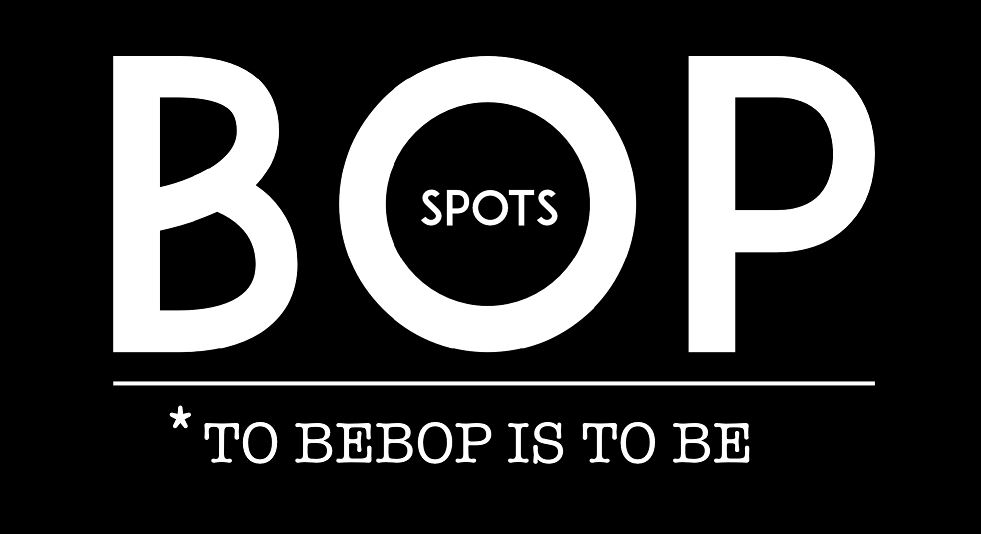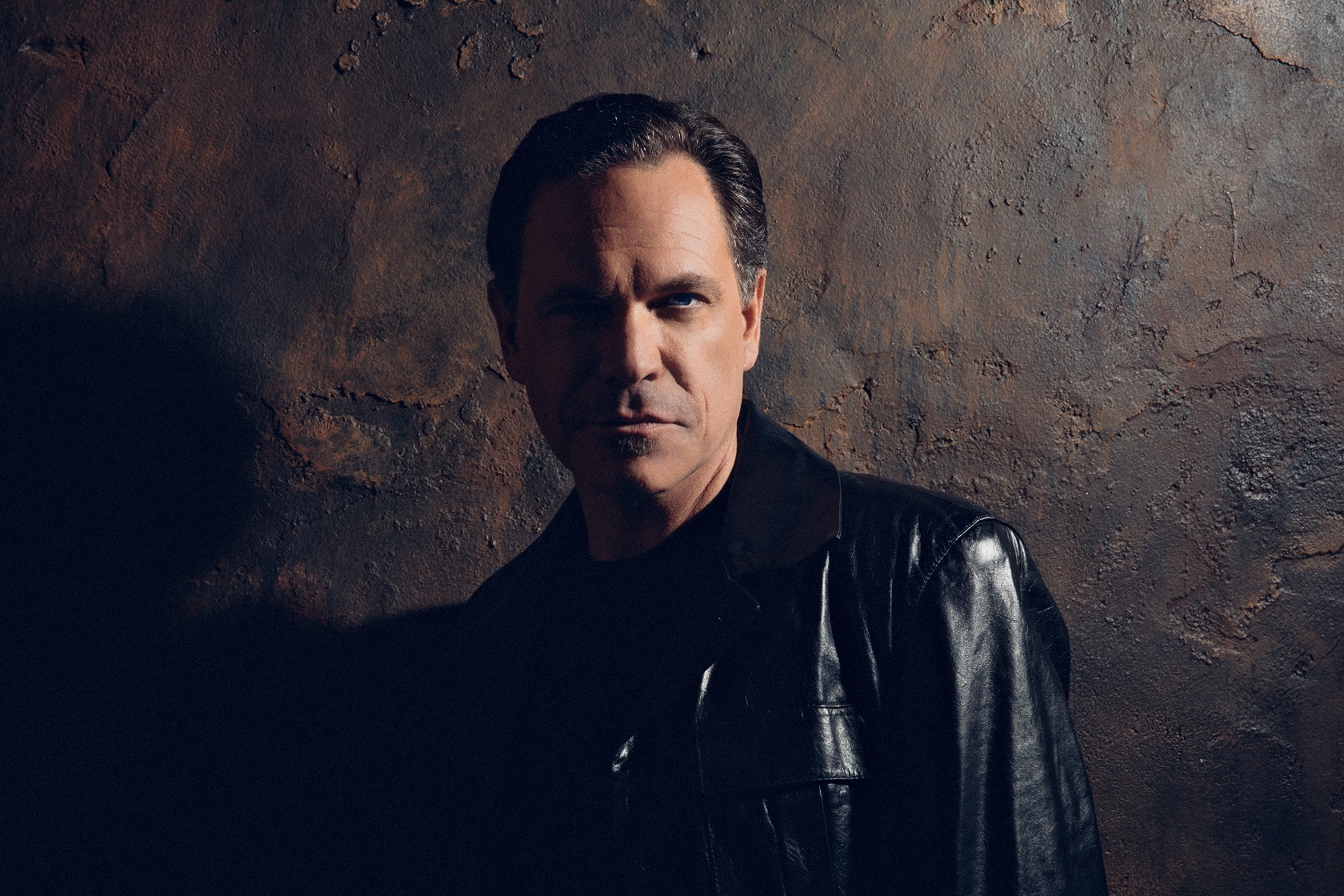
By: Estefanía Romero
Photo: Anna Webber
“The standout male vocalist of our time.” –The New York Times
“Elling combines authenticity with stunning originality.” –The Wall Street Journal
“Since the mid-1990s, no singer in jazz has been as daring, dynamic or interesting as Kurt Elling. With his soaring vocal flights, his edgy lyrics and sense of being on a musical mission, he has come to embody the creative spirit in jazz.” -Washington Post
Kurt Elling is a hell of a singer. Not only because of the beautiful timbre of his well-educated voice, but also because he knows how to travel through musical textures, rhythms, vocal ranges, poetry, clean scats, and emotions. His personality pushes the iconic idea of the crooner to a new level of artistry. You only know it after you listen to him.
This Grammy Winner just released the album Secrets Are the Best Stories, next to the iconic piano player Danilo Pérez. The singer recently brought us a Facebook and YouTube series of his so called “Porch Concert”, live from his house in Chicago; and he celebrated last night 25 years of live presentations.
During his career he has achieved important accomplishments, such as being able to perform in worldwide recognized stages, a fourteen-year run atop the DownBeat Critics Poll, a dozen GRAMMY nominations, and eight Jazz Journalists Association awards for “Male Singer of the Year”, among many others.
Elling gave us the chance to share a wonderful moment to talk about his work and life as an artist. So, here it is…
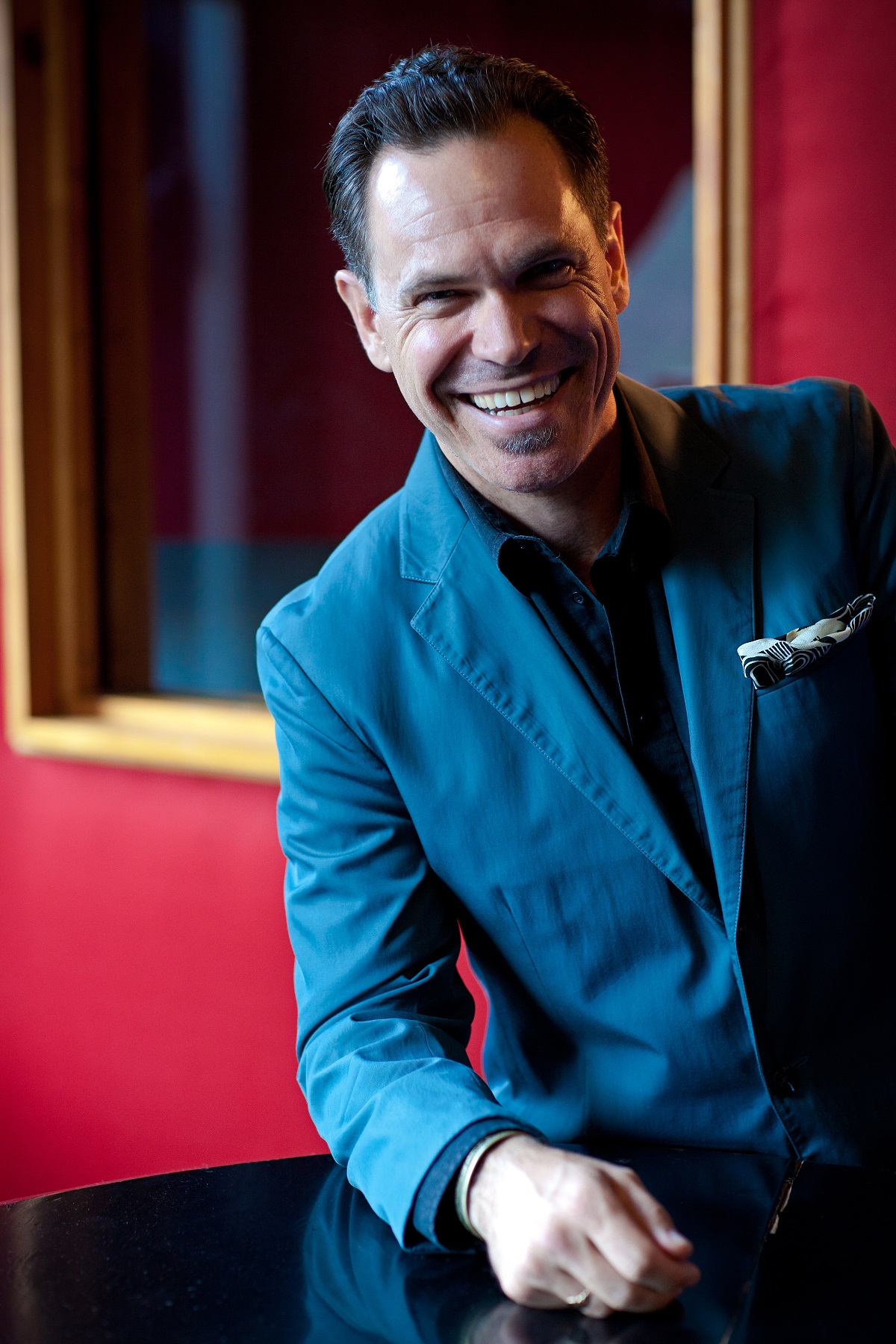
E: You’ve written some of the lyrics you sing, some of those are added to famous improvisations, such as some of Wayne Shorter, Keith Jarrett, Dexter Gordon, Pat Metheny. Also, you’ve taken some poems from famous poets. I remember that a few Porch concerts ago you mentioned James Joyce. Amazing, by the way. So, my question is: How do you manage to create the art of mixing both arts: poetry and music, while you are singing?
K: Well, firstable thank you. Secondable, I don’t think… I mean, I didn’t create the possibility of this. Musicians have been routinely setting works of poetry to music for, if not decades, then centuries and I am fortunate in that instance to have connections to very very gifted composers. Sometimes I would ask them: “Can you help me with this? I am interested in singing these words, but I can’t hear the melody”, or “I have started a melody, would you like to collaborate?”.
When it comes to writing lyrics to existing solos, that was a habit that was happening… I think it really was since the advent of recording sound. As soon as people could play back horn solos over and over again and memorize them, I think they started to do what I talked to Sheila Jordan about. I think it was a very popular thing to do for high school students and college students when she was young. You know, Eddie Jefferson wrote the first very very popular vocalist lyrics, King Pleasure recorded it, then it became a hit song and then Jon Hendricks heard that and he started to write lyrics for the entire big band to sing… well, the big band wouldn’t sing it but his friends Dave Lambert and Annie Ross, they would sing those lyrics so I am really following him, I’m following Annie Ross, I’m following Eddie Jefferson and I’m just trying to make justice to the art that they created.
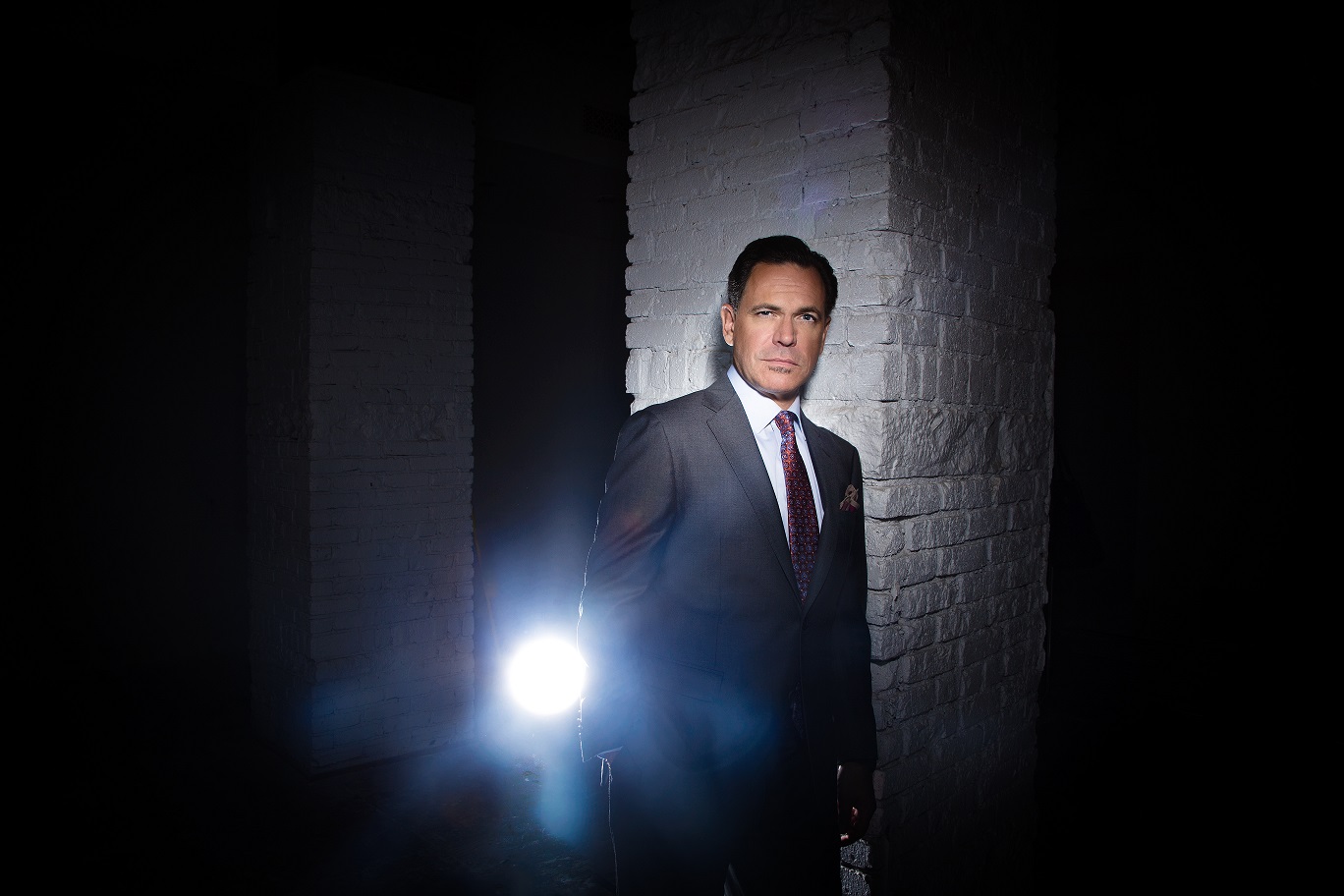
E: We also had the chance to speak with Sheila, she is amazing.
K: Yeah, she is wonderful.
E: Now that we are talking about poetry… you took some Toni Morrison’s for this last album. You and Danilo Pérez are bringing political and social messages through Secrets Are The Best Stories. I think it’s really important historically because we know that many jazz musicians have done that. But now you are taking your own statements out. So, the question is: Do artist must take a social responsibility? I want to know your perspective on that.
K: I don’t know if “must”, but artists must do whatever they are called to do. From my own case I fell like I should’ve been writing more political things sooner. I feel like it’s a kind of privilege to be removed enough from certain kinds of troubles in the world to be so selfish that you only write about romantic love, or you only write about your own individual concerns or worries or the big questions inside of whomever you are. And I think the more that you encounter pain, the more you are paying attention to the way we treat each other and the way we treat our planet and animals and one another spirits. It just becomes evident that only singing about one kind of thing is neither enough from the stand point of morality for lack of a better world, it’s also wrong and it’s too small for the power that art has to write about different things.
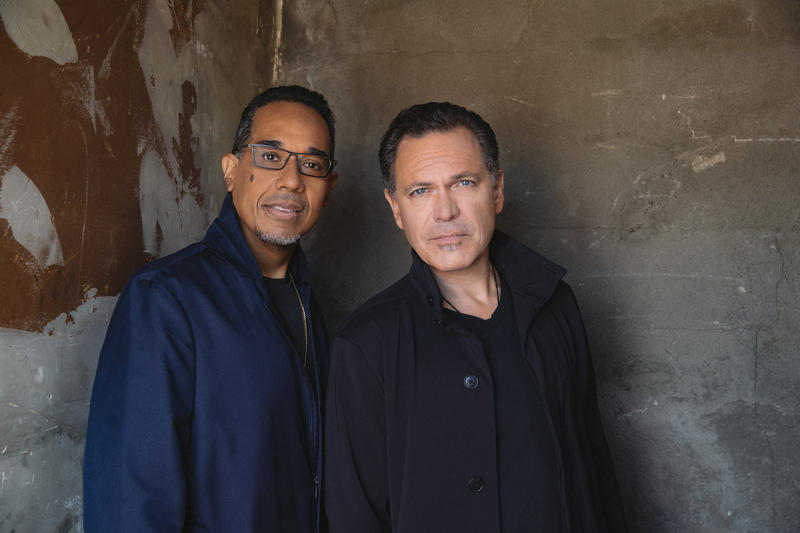
E: Now… you have a degree on History, and you studied Philosophy also am I right?
K: Yes.
E: But when you were a kid you wanted to be a Chicago police officer on horseback… didn’t you?
K: [Kurt showed a big laugh] Yes. You want to know why? It’s because I wanted to have permission to ride a horse through Chicago’s beautiful parks. I didn’t want to have to arrest anybody.
E: That’s a wonderful purpose. So… how did you jump into deciding to become a jazz singer?
K: My father was a church musician and the music inspired me from a very young age. Then when I started to meet jazz musicians and to hear the sounds I was captivated by that. The musicians on the Chicago scene really drew me into this vocation. I wouldn’t have thought that I would’ve been worthy. I certainly didn’t grow up in a situation with a lot of jazz music around and so I came to it fairly late but the musicians encouraged me. Then, when you get somebody who’s your hero like Jon Hendricks or Mark Murphy or Sheila Jordan or Andy Bey, and they say “you’re with us, you belong with us”, it’s very hard to say no if that is also you heart’s desire.
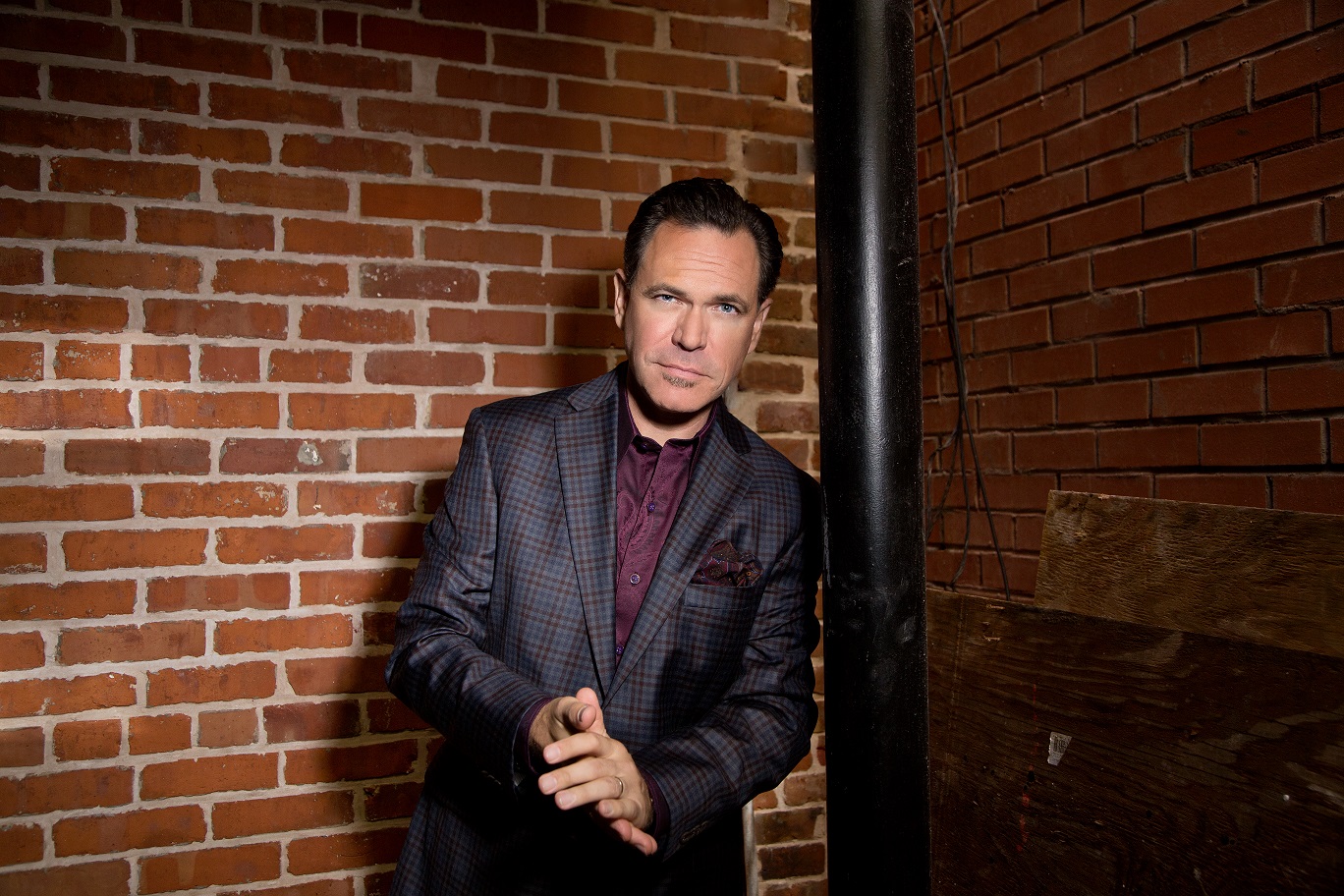
E: You even had the chance to collaborate with these great jazz musicians. Could you tell me a little bit about those experiences? I remember your and Al Jerrau’s Take Five as one of the most exciting songs I’ve ever heard. I’d like to know how those moments inspired you and nurtured you to become how you are.
K: The thing that strikes me the most of about those kinds of experiences is the way they, Al and all the people we mentioned before and Betty Carter for instance… they were uniformly generous with me. It’s thrilling, it’s encouraging, to say the least… and it’s ultimately so gracious of them to have included me in the circle. It inspires me to want to provide that encouragement to younger deserving singers and musicians on the scene when I encounter those people.
E: You know? I think that one thing that makes you part of the circle is that you actually developed your own voice. Even if you found many inspirations from these artists you are Kurt Elling, you have your own seal. I mean, you are now part of the history of jazz and, believe me… man, your name is on my poster [I pointed out a poster with the jazz genealogical three hanging on my wall], it’s right here. Now… how would you say that you found your own voice?
K: I would say this. You know? At first as with so many young people and I think in the most ordinary way, I was captivated by what Mark Murphy was doing and I was captivated by Jon and I was captivated by Al. You know… and you want to have a family resemblance in your sound, and I think that is very common among young people and it should be. You should want to learn from people that are smarter and more experienced than you are, and so I did that. And now it’s 25 years into a career and the world has changed so much there are so many more things, and different things to sing about. Truly there’s love, romantic love, surely there’s the desire for meaning, the desire for respect, from stress. But the things that are causing us stress are in many ways the challenges of our time. So I’m here to address those challenges. And the music has moved forward.
You know? Wayne Shorter has written an entire body of music through the course of his lifetime, most of which was not available when Jon Hendricks when he was writing in his prime, and he wrote for Charlie Parker, and he wrote for the Count Basie orchestra and he wrote for Lester Young… And where I make touch upon those people in my own writing, the fact that Wayne exists now and wrote so many incredible things… and the Yellowjackets and Bob Mintzer and people who are living now, Kurt Rosenwinkel… time moves forward and the music needs to move forward with it, otherwise it would simple be a reiterative art and it would be something that belongs to the past, it’ll be a museum piece, as opposed to something that is alive and growing right now. So I’d love to refer to those people and I love to continue to sing a lot of that material but only in the context of the fact that it is 2020 and here we are now.
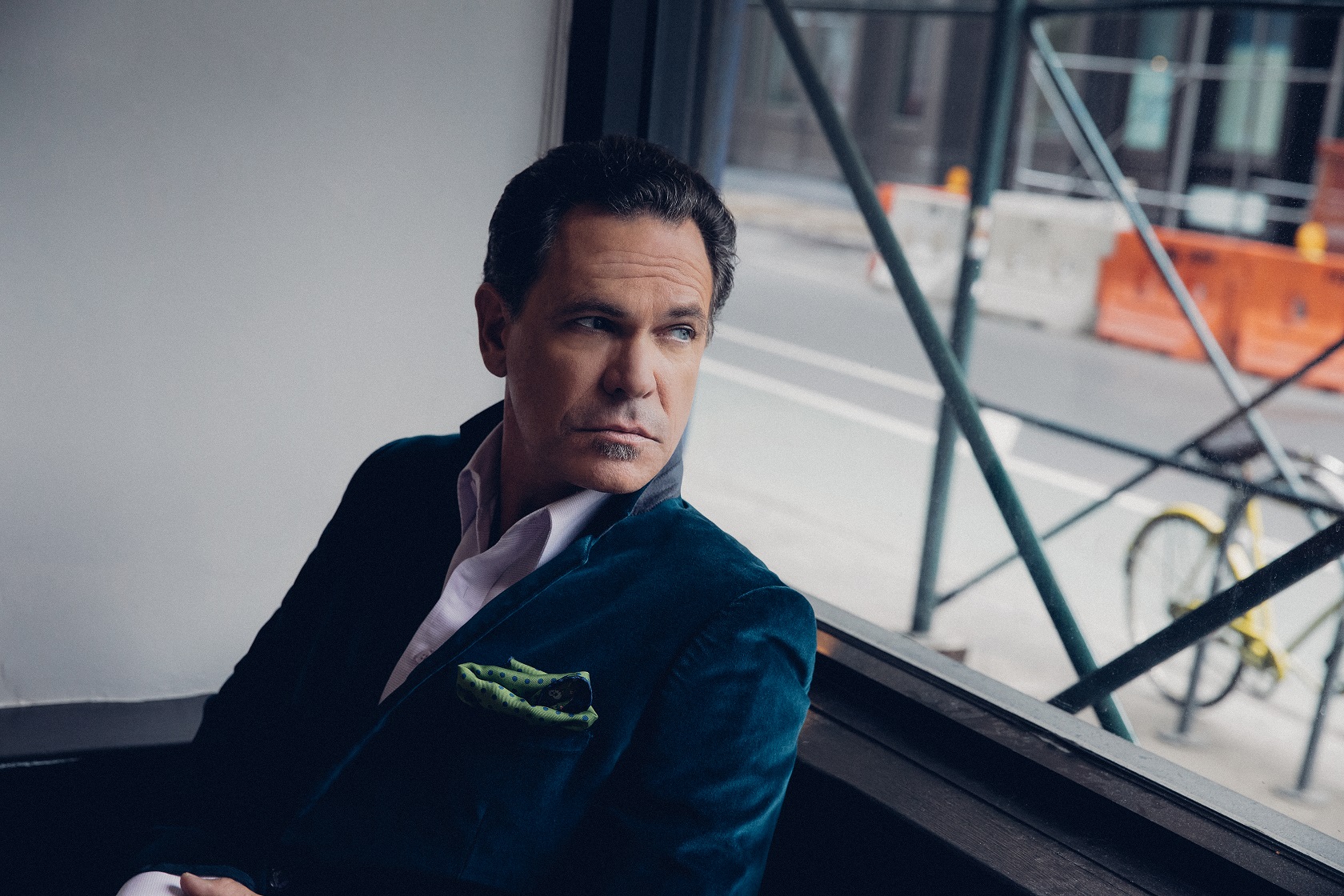
E: Now… I love your different projects. You even have a Christmas album that I really liked and it’s very difficult for me to love a Christmas album. You really sang… you didn’t just take a Christmas carol, you actually created something and sold it. How can you still be yourself with all the rules of the giant music industry?
K: The question of “how can you be yourself in the music?” is kind of the same of “how can you be yourself just in the world?”. If you can figure out who you are, which is a basic and necessary challenge, then you’ll know… let’s say, for instance, you wanted to make a Christmas record. You were living in Mexico City, you’d have the friends who surround you, you are Abuela used to sing songs that are different from what my grandmother sang to me, things from your distant memory. What did the color lights shine on for you? What are the secrets that you remember form your childhood? Those belong to you. And to mind, that legacy that is yours, and yours alone, is an important first step. Let’s say, here is the jazz history on this side, and that includes me and everybody in it… and here is your personal history on this side, well… where do those parts have the most creative intersection? Where what you are singing is fully informed as the jazz tradition, as you have an understanding in yourself. And what you are bringing to the jazz tradition is as articulated and rounded out as heartful as it can be; because there is this part in the center, and that’s where the best parts happen: where you are contributing as much of yourself to jazz, as jazz is contributing to you.
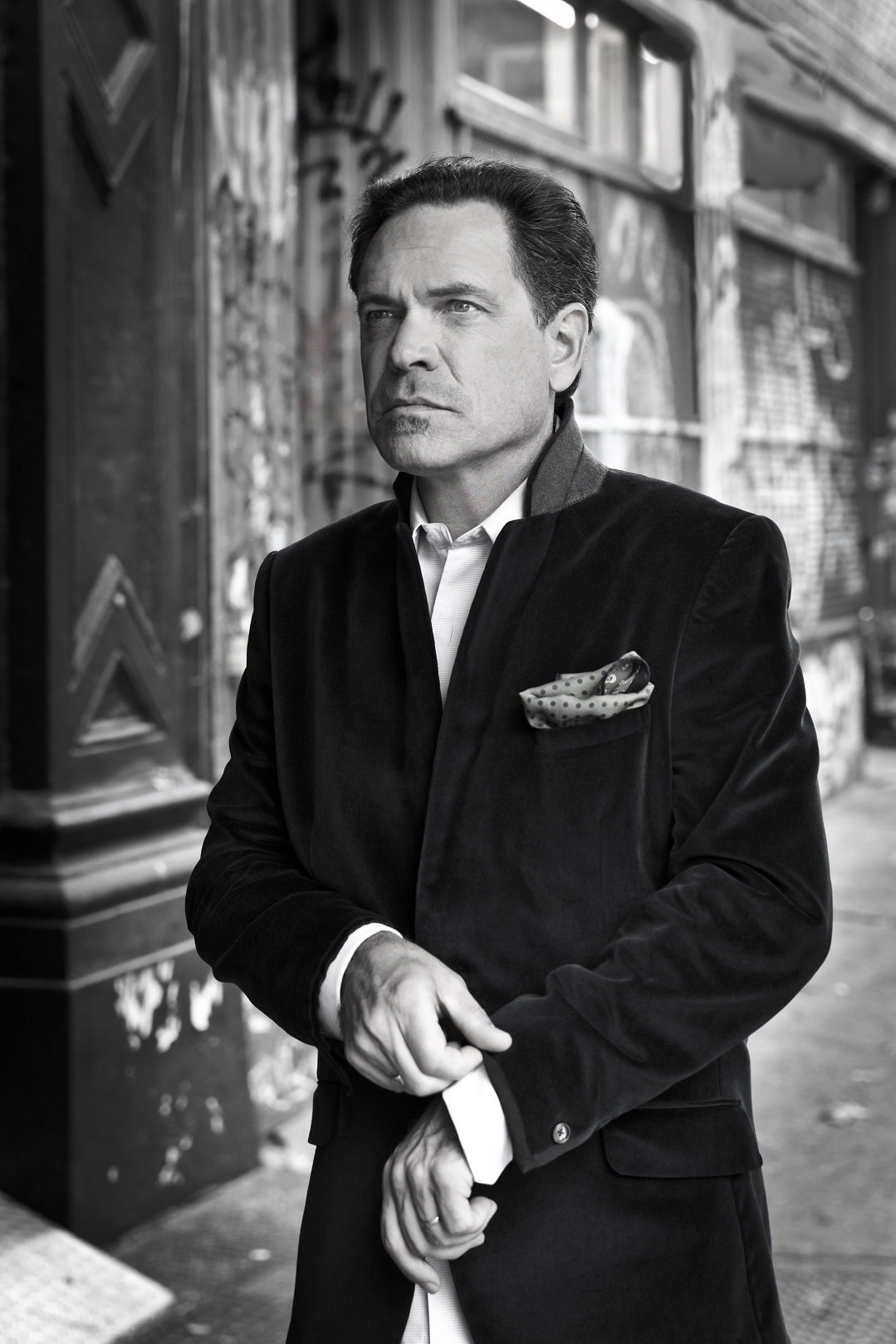
E: Is there anything else that you would like to add to this interview?
K: I hope that what I’m creating in the world is something that’s of value, that is beautiful for people. I hope it is helpful in some way in this remarkable age. I wish I could figure out what more I can do, and I hope I can sing in tune some other time and I expect you’re a very wonderful singer, where can I hear you sing?
K: Oh my… give me a couple of years!
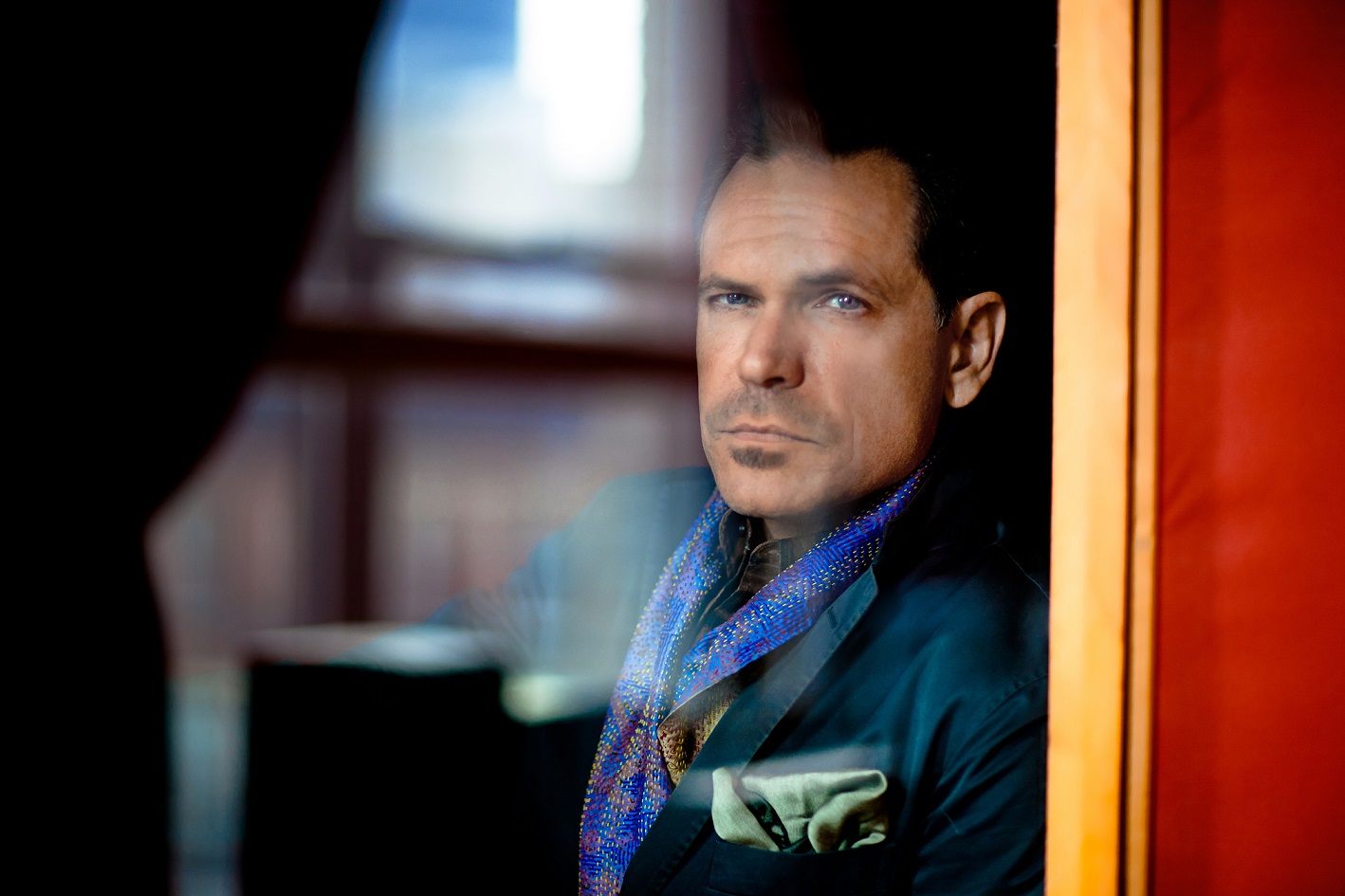
*Kurt, I am deeply inlove with your art. Thank you for this wonderful moment, I’ll keep it always in my best memories.
